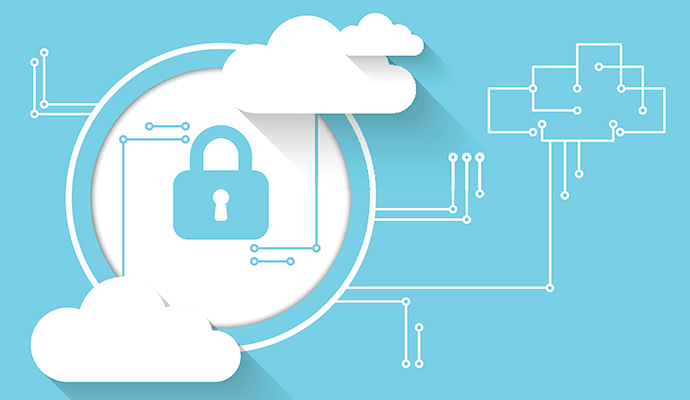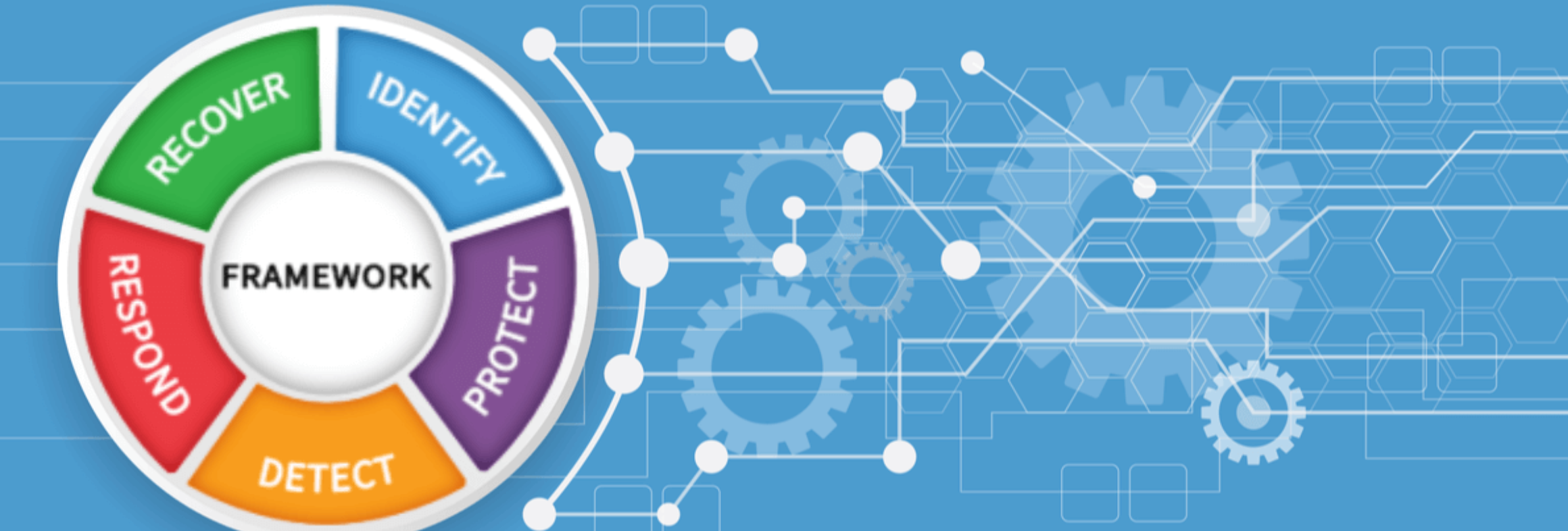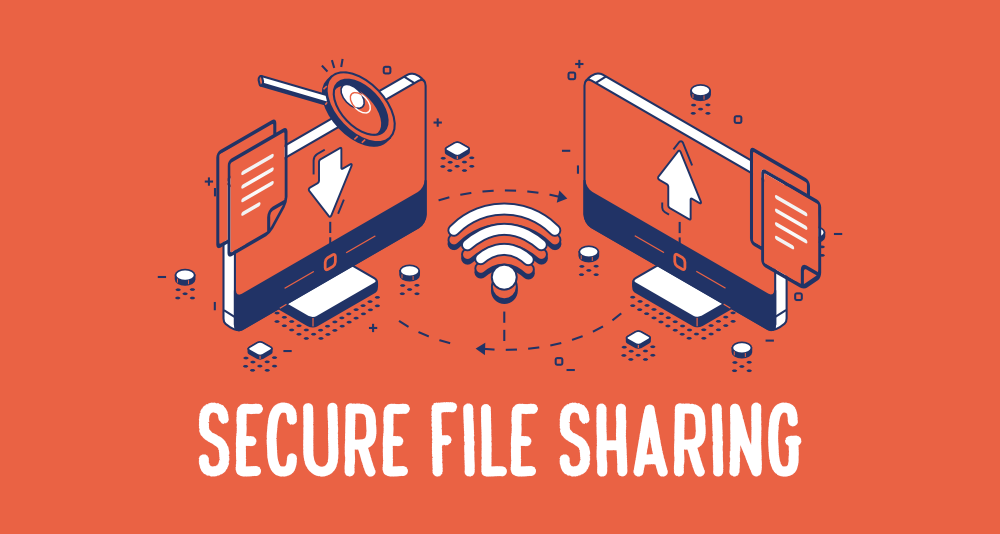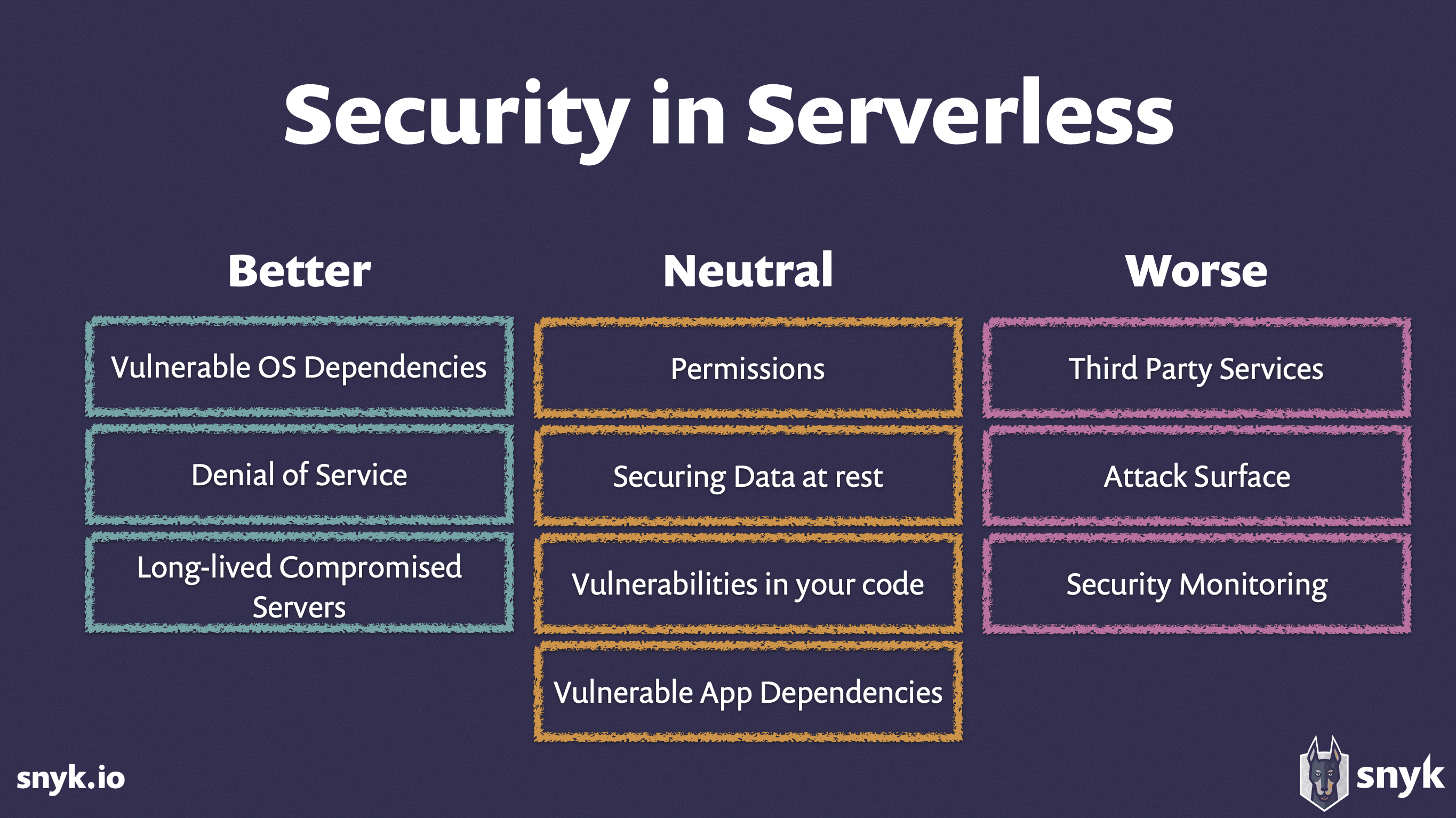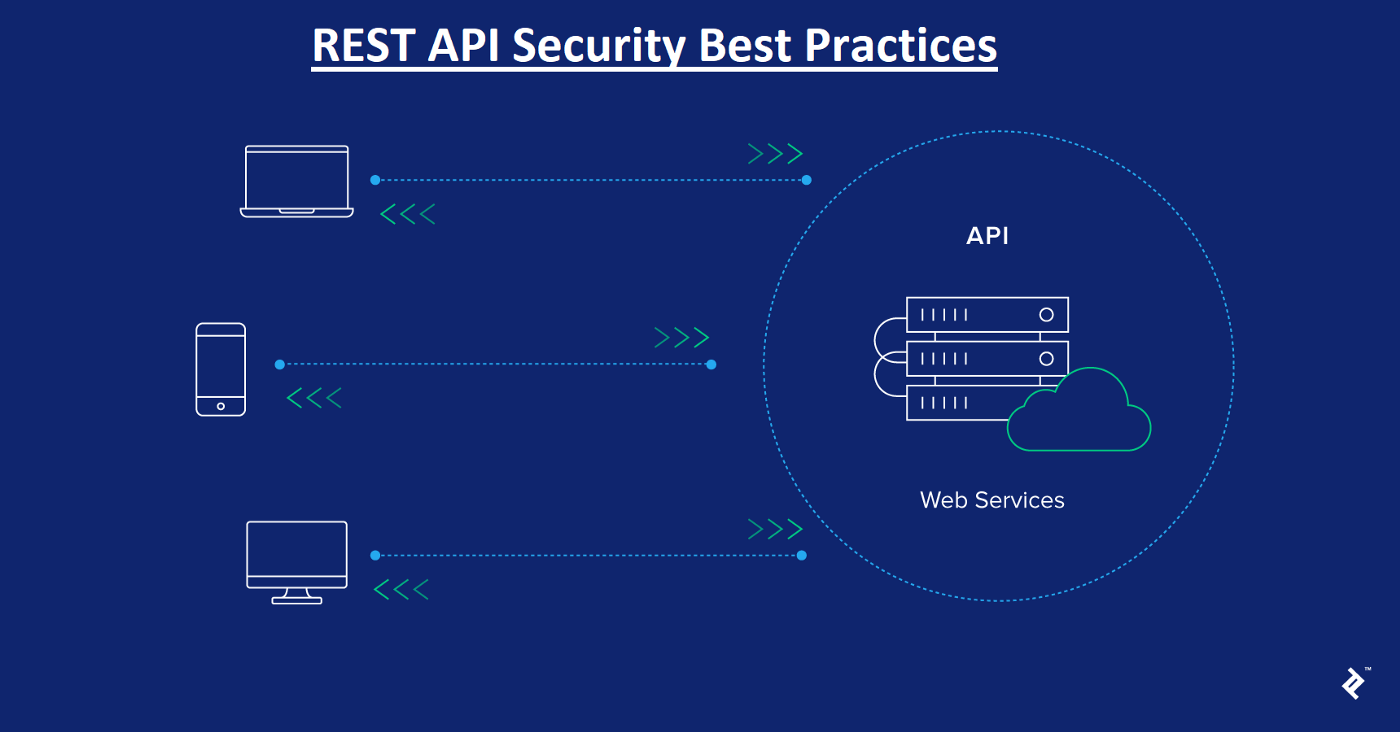
Mailchimp is a popular email marketing platform that is used by businesses of all sizes. On January 18, 2023, the company disclosed a data breach that exposed the data of 133 customers.
The breach was the result of a social engineering attack that targeted Mailchimp employees and contractors. The attackers were able to obtain employee credentials and gain access to an internal customer support and account administration tool. This allowed them to access the data of 133 customers, including names, email addresses, and store URLs.
Mailchimp has since taken steps to secure its systems and prevent future breaches. The company has also notified the affected customers and offered them free credit monitoring services.
This is the second data breach that Mailchimp has suffered in the past year. In April 2022, the company disclosed a breach that exposed the data of 319 customers.
These breaches highlight the importance of businesses taking steps to protect their data. Businesses should implement strong security measures, such as using multi-factor authentication and encrypting sensitive data. They should also train employees on how to identify and avoid social engineering attacks.
Impact of the Breach
The impact of the January 18, 2023 MailChimp breach is still being assessed. However, it is possible that the breach could have a significant impact on the affected customers.
The exposed data could be used by criminals to commit identity theft, fraud, or other crimes. The affected customers may also experience reputational damage if their personal information is exposed.
Mailchimp has offered the affected customers free credit monitoring services. However, this may not be enough to fully mitigate the risks associated with the breach.
Steps to Protect Yourself
If you are a Mailchimp customer, there are steps you can take to protect yourself from the impact of the breach.
You should:
Review your credit report for any unauthorized activity.
Place a fraud alert on your credit report.
Monitor your email accounts for any suspicious activity.
Be careful about clicking on links or opening attachments in emails from unknown senders.
You should also take steps to protect your personal information in general. This includes:
Using strong passwords and changing them regularly.
Not sharing your personal information with anyone you do not trust.
Being careful about what information you post online.
By taking these steps, you can help to protect yourself from the risks associated with data breaches.
Conclusion
The January 18, 2023 MailChimp breach is a reminder that even the most secure companies are not immune to cyberattacks. Businesses should take steps to protect their data and train employees on how to identify and avoid social engineering attacks. Individuals can also protect themselves by taking steps to protect their personal information.
